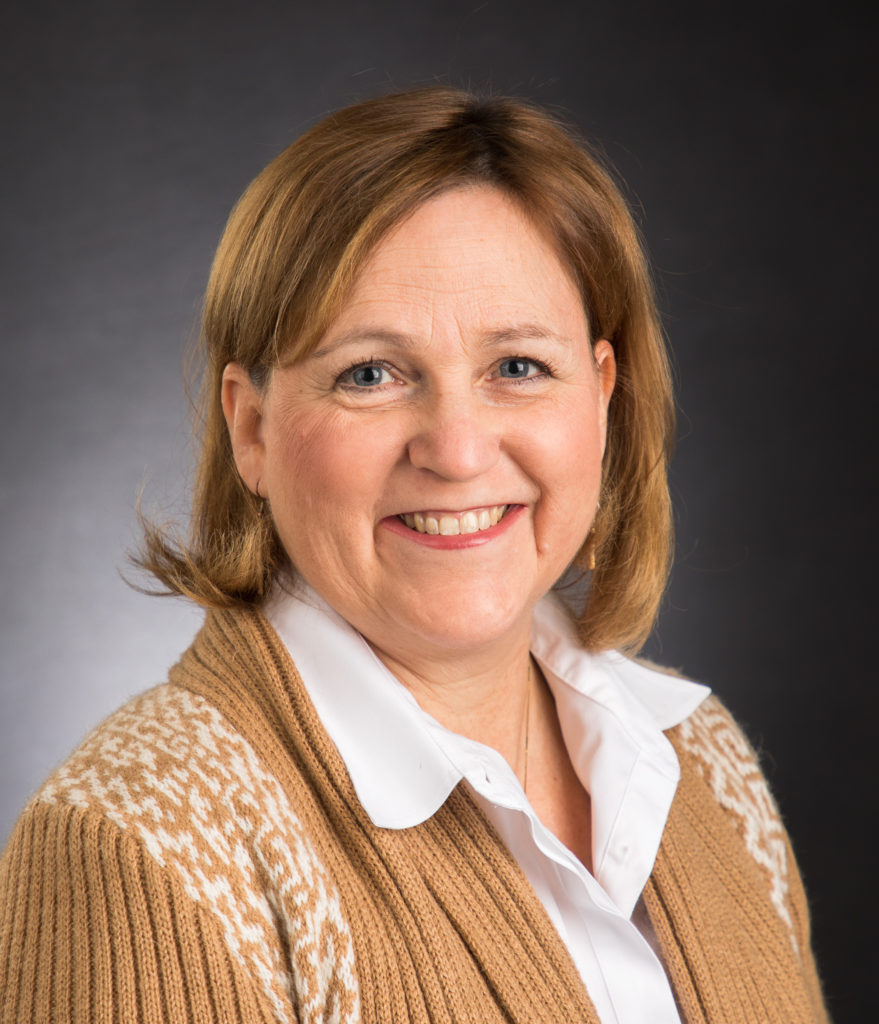Counseling Military Families: Key Factors in Effective Care
Counseling Military Families: Key Factors in Effective Care
Categories: AACC BLOG

by Suzanne Mikkelson, Ph.D.
“What a day!… First I forgot my ID and couldn’t pay off my StarCard at the PX, after that, I couldn’t sign the children up for soccer at CYS because I forgot my husband’s LES (and still didn’t have my ID). I finally made it to my FRG meeting and found out some great ideas for his R and R. We also found out we should expect our OCONUS PCS orders a few weeks after he gets back from downrange. I hope we can get our son enrolled in EFMP before that happens.”
Does this sound like gibberish to you? You may be saying, “I think that’s English, but I have no idea what she’s talking about!” If so, you are certainly not alone. Many counselors have a sincere desire to minister to military service members and their families, only to discover the cultural barrier is harder to overcome than they initially expected. Just understanding the unique language and lifestyle of military families can be intimidating, even for seasoned clinicians. In addition, civilian counselors and clergy are often unsure how to access military personnel, especially active duty members. Whereas National Guard and Reserve members may live in your communities, attend your churches, and seem more accessible, active duty military are often transient, temporary residents who seem more connected to their bases than to their local communities.
However, military members can benefit immensely from the counseling care of civilian practitioners within their communities. The high stress associated with sustaining prolonged combat operations and the other aspects of military life speak to the significant need for compassionate, professional Christian care. The following are practical tips to help you be better prepared to meet the needs of our military members and families.
- Be curious. The military has its own culture and language. There is also a wide variety in the various environments between service branches (i.e., Army, Navy, Air Force, Marine Corps, etc.), and even within segments of those services. Ask for clarification when you don’t understand something. It might be the meaning of a word, an acronym, a symbol on the uniform, or something he or she accepts as “normal” but seems unusual to you (such as year-long deployments or moving every two to three years). Seeking clarification demonstrates genuine interest, respect and allows the military person to define his or her world for you. There is a wealth of information online (much of it at no cost) to help explain military ranks, unit structures, and commonly used terms. An excellent example is www.militaryonesource.com.
- Be flexible. Recognize the unpredictability of military life. Oftentimes, service members have little control over their schedules. Appointments are sometimes cancelled or rescheduled at the last minute because of demands at work. Military spouses and children must learn to adjust to this lifestyle, and so must counselors. At times, a service member will leave home on very short notice for a school, training event, or some other duty assignment for weeks at a time. Counseling treatment plans need to remain adaptable to erratic schedules in order to adequately serve this population.
- Recognize the impact of separations. Military families have to be very creative in building attachment bonds between spouses and between parents and children. Some duty assignments are “home, but not home” jobs where active duty members are technically at home (not deployed or away at school), but in jobs where work frequently keeps them for long hours or on unpredictable schedules. They are forced to miss family outings, meals, and special events they want to attend or spend large amounts of time assisting others at the expense of their own families. Other times, service members are gone for weeks, months, or even a year or more from their family members. Contact during that period may be daily or very sporadic depending on the conditions in which the military member is living. Often, separation includes the danger and accompanying stresses of combat-related duties and being in harm’s way. Counselors who empathize with the impact of separation and encourage creative attachment-building activities can be a tangible blessing to those families. Be discerning and careful before automatically criticizing relationship decisions that you see as problematic; military families are sometimes pushed into doing the best they can in very stressful or complex situations.
- Recognize the internal expectations military members have for themselves and their families. The military culture expects resiliency and flexibility even from their youngest members. At times, family or service members experiencing adjustment difficulties feel enormous pressure to simply “deal with it.” Since others around them don’t seem to be struggling, they may often feel embarrassed or ashamed about their struggles. Normalizing adjustments and difficulties can help military members accept their limitations and embrace the processes required to adapt to a demanding culture.
- Utilize existing military support systems. Since many military members live far from their extended families, the military has developed many additional support systems to help its members than the civilian world normally has available. Classes, trainings, retreats, and practical support are provided on most military installations or are available on the Internet for a myriad of topics ranging from parenting to financial management to PTSD. Counselors can help military members access these needed resources to address problematic issues and broaden their support networks.
- Become a TRICARE provider if you are licensed. TRICARE (a contracted third-party entity that coordinates medical and mental healthcare for military beneficiaries) will refer family members to civilian providers for psychotherapy offered in individual or family modalities. Most military members utilize these insurance benefits for counseling rather than self-pay. Go to www.tricare.mil to find out how to become a provider in your area. If you are trained in trauma treatment, learn about combat stress and offer trauma services to these warriors and their families.
The Apostle Paul, in his calling to the Gentiles, models ministry to those of a foreign culture. In 1 Corinthians 9:21-23 he states, “To those not having the law I became like one not having the law… so as to win those not having the law. To the weak I became weak, to win the weak. I have become all things to all people so that by all possible means I might save some. I do all this for the sake of the gospel, that I may share in its blessings.” My prayer is that those in the Church who have helping, mercy, and healing gifts answer God’s call of bringing the hope and healing of Jesus Christ to the brave men and women of our armed forces and their families.

Suzanne Mikkelson, Ph.D., LMFT, grew up in North Carolina and married David upon their graduation from Duke University in 1984. She is a former military spouse with nearly 30 years of Christian counseling experience with military members and their families. She is a Licensed Marriage and Family Therapist, an American Association for Marriage and Family Therapy (AAMFT) Approved Supervisor, and an Approved Consultant and Trainer with Eye Movement Desensitization Reprocessing International Association (EMDRIA). Suzanne’s clinical specialties include trauma, mood disorders, adultery recovery, marital issues, and parenting. She has served in many military chapel communities and led women’s ministries on military bases around the world. As a pastor’s wife, she has also experienced the tremendous potential for healing and gospel impact when mental health care practitioners partner with local churches. While David was deployed to combat in Iraq, Suzanne was instrumental in providing ministry and support to many commander’s wives and the entire military community in Schweinfurt, Germany. Suzanne earned a M.A. in Marriage and Family Therapy from Reformed Theological Seminary (1995) and a Ph.D. in Counselor Education and Supervision from Regent University (2015).
